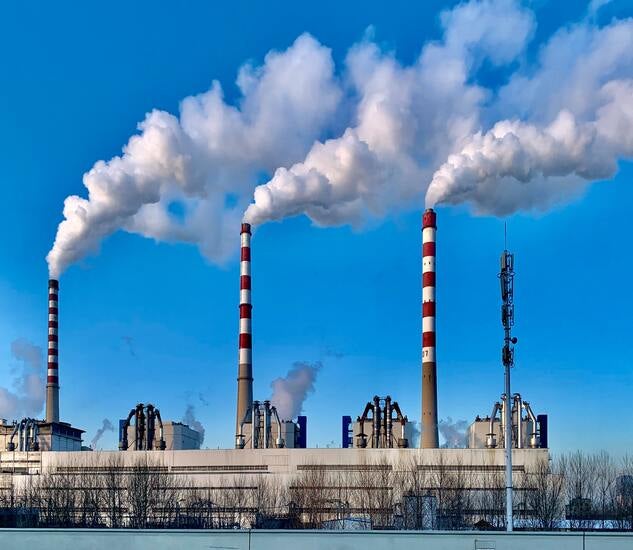
Japan has announced plans to launch a number of oil and gas policy reviews, following meetings of its Ministry of Economy, Trade and Industry (METI), as it aims to meet a target of carbon neutrality by 2050.
“Following the declaration [by the premier], we understand that industry is accelerating their efforts [to achieve] 2050 carbon neutrality,” said Ryo Minami, METI’s director-general of oil, gas, and mineral resources said, in comments seen by S&P Global. “We need to think about ways to achieve the 2050 carbon neutral target, while ensuring stable energy supply for oil and gas sectors. This means we will need to draw a blueprint for a highly advanced and strategic transition.”
How well do you really know your competitors?
Access the most comprehensive Company Profiles on the market, powered by GlobalData. Save hours of research. Gain competitive edge.

Thank you!
Your download email will arrive shortly
Not ready to buy yet? Download a free sample
We are confident about the unique quality of our Company Profiles. However, we want you to make the most beneficial decision for your business, so we offer a free sample that you can download by submitting the below form
By GlobalDataThe METI subcommittee announced that it will publish its policy recommendations to the Japanese natural resources and fuel committee in March next year. These reforms could have a profound impact on the country’s energy mix, as Japan relies heavily on oil for its power generation. According to figures published in October by the US Energy Information Administration, oil accounted for 40% of Japan’s energy consumption, alongside 21% for natural gas, while renewables were responsible for just 10% of Japanese power.
Any changes to this mix will also need to take into account the global oil and gas supply chain, as Japan is heavily reliant on foreign imports for its energy needs. Japan boasts just 44 million barrels of proven oil reserves and has become the world’s fifth-largest consumer of oil, and its fourth-largest importer, tying its energy mix to the production and sale of other countries, making any policy changes complicated.
Japan has made a number of steps in recent weeks to alter its energy mix, such as the organisation of the 2020 edition of the Green Logistics Partnership Conference, an event in December that will bring together decision-makers in the logistics sector to improve the industry’s environmental performance. However, projects such as these relate only to Japanese domestic matters, so can only have a limited impact on the country’s total environmental footprint. It is hoped that the METI policy recommendations can have a more significant impact.




